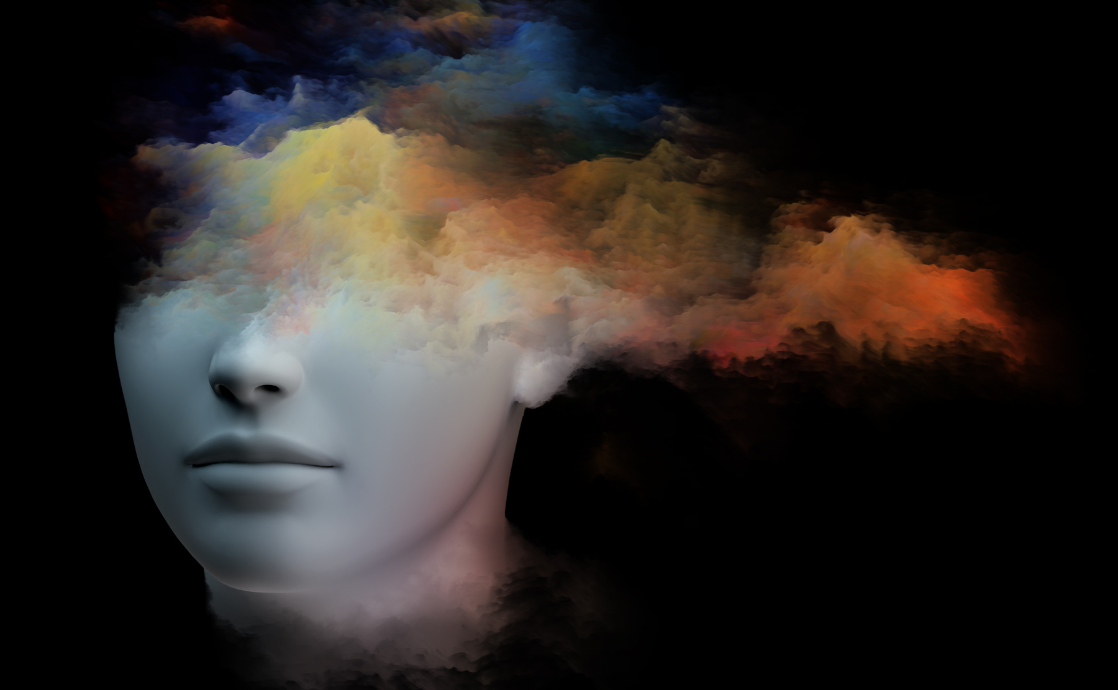In the rich tapestry of philosophical discourse, few figures loom as profoundly as Ludwig Boltzmann, whose contributions extended beyond the boundaries of physics into the realm of metaphysics and epistemology. His ideas concerning the nature of reality and the role of statistical mechanics compel a re-examination of dogma within various doctrinal traditions, including the Bahá’í Faith. This exploration into Boltzmann’s philosophy juxtaposed with the Bahá’í teachings reveals an intriguing alignment—both advocating an enlightened approach that transcends rigid adherence to static beliefs, thus promoting a dynamic understanding of truth.
At the forefront of Boltzmann’s intellectual legacy is the principle of statistical mechanics, which posits that the macroscopic behaviors of thermodynamic systems arise from the interactions of their microscopic constituents. This foundational notion extends an invitation to embrace complexity amid apparent chaos. Boltzmann’s philosophical assertions challenge traditional precepts by insinuating that the universe is not merely a machine governed by deterministic laws but rather a vast multitude of possibilities, governed by probabilistic reality—a tapestry woven from uncertainty and potentiality.
In this light, the Bahá’í teachings offer a complementary perspective, aligning with the assertion that reality is multifaceted and subject to continual revelation. Central to the Bahá’í Faith is the concept of progressive revelation, whereby truth is not monolithic but evolves through the teachings of various Manifestations of God throughout history. The Bahá’í principles encourage adherents to remain open to evolving interpretations, recognizing that human understanding is inherently limited and that divine wisdom unfolds gradually over time.
This synergy between Boltzmann’s philosophy and Bahá’í teachings manifests a profound call to eschew dogma—characterized by unyielding beliefs and rigid interpretations of truth. Both frameworks advocate for an attitude of intellectual humility and curiosity, urging individuals to transcend dogmatic constraints. The Bahá’í teachings explicitly denounce the inflexible adherence to outdated truths, advocating continuous exploration and the refinement of one’s understanding.
Moreover, the heated intersections of science and religion, often framed as oppositional arenas, can benefit from the conciliatory gestures inscribed within both Boltzmann’s philosophy and the Bahá’í teachings. The Bahá’í perspective underscores the harmony between spiritual and scientific inquiry, advocating the notion that scientific progress does not diminish the relevance of spiritual truths. Boltzmann’s work, demonstrating how the macrocosm can be understood through the microcosm, illustrates a similar beckoning towards integration rather than division.
The challenge of reconciling scientific imperatives with spiritual truths rests significantly in the flexibility of thought encouraged by both Boltzmann and the Bahá’í Faith. Boltzmann’s insistence on the probabilistic nature of reality implies a worldview that accommodates paradox and uncertainty. By embracing ambiguity, one is inspired to ponder deeper, asking questions without the compulsion to seek immediate absolutes. This intellectual endeavor resonates profoundly with the Bahá’í advocate for questioning as a virtuous pathway to understanding, free from the shackles of dogmatic assertions.
It is imperative, then, to consider the implications of such a synthesis for contemporary adherents of the Bahá’í Faith, particularly in how they relate to societal issues plagued by rigid ideologies. An educational paradigm that emphasizes Boltzmann’s statistical interpretations and the Bahá’í emphasis on progressive learning can instill a culture of curiosity and adaptability. This approach fosters innovation in thought and action—a necessary antidote to the dogmatic tendencies that hinder human progress.
Furthermore, the Bahá’í understanding of unity in diversity echoes Boltzmann’s exploration of multiplicity in unity within physical laws. The Bahá’í Faith venerates the diversity of human expressions, cultures, and beliefs while asserting a fundamental oneness of humanity. This recognition dovetails seamlessly with Boltzmann’s assertion that understanding the interdependencies of individual constituents reveals a broader, unified framework. As the particles in a gas can vary while still contributing to a collective state, so too can humanity thrive within the richness of distinct cultural identities while forging a collective narrative.
Exploring Boltzmann’s insights alongside the Bahá’í teachings unveils a transformative potential for cultivating a society grounded in holistic understanding rather than divisive dogma. This paradigm shift encourages individuals to engage with differing perspectives, fostering a climate of inquiry where questions are esteemed more than dogmatic assertions. It nudges humanity towards an evolutionary path enriched by diversity and connectedness.
Conclusively, the philosophical threads woven by Boltzmann find fertile ground in the Bahá’í teachings, culminating in an ethos that champions exploration over dogma and encourages a nuanced interplay between faith and inquiry. Emulating this synthesis, contemporary seekers of truth are beckoned to engage with the complexities of existence, embracing ambiguity and uncertainty as catalysts for deeper understanding. As one embarks upon this journey, it becomes increasingly evident that the greatest revelations often dwell not in categorical truths but in the exquisite dance of questions that illuminate the infinite tapestry of human experience.
